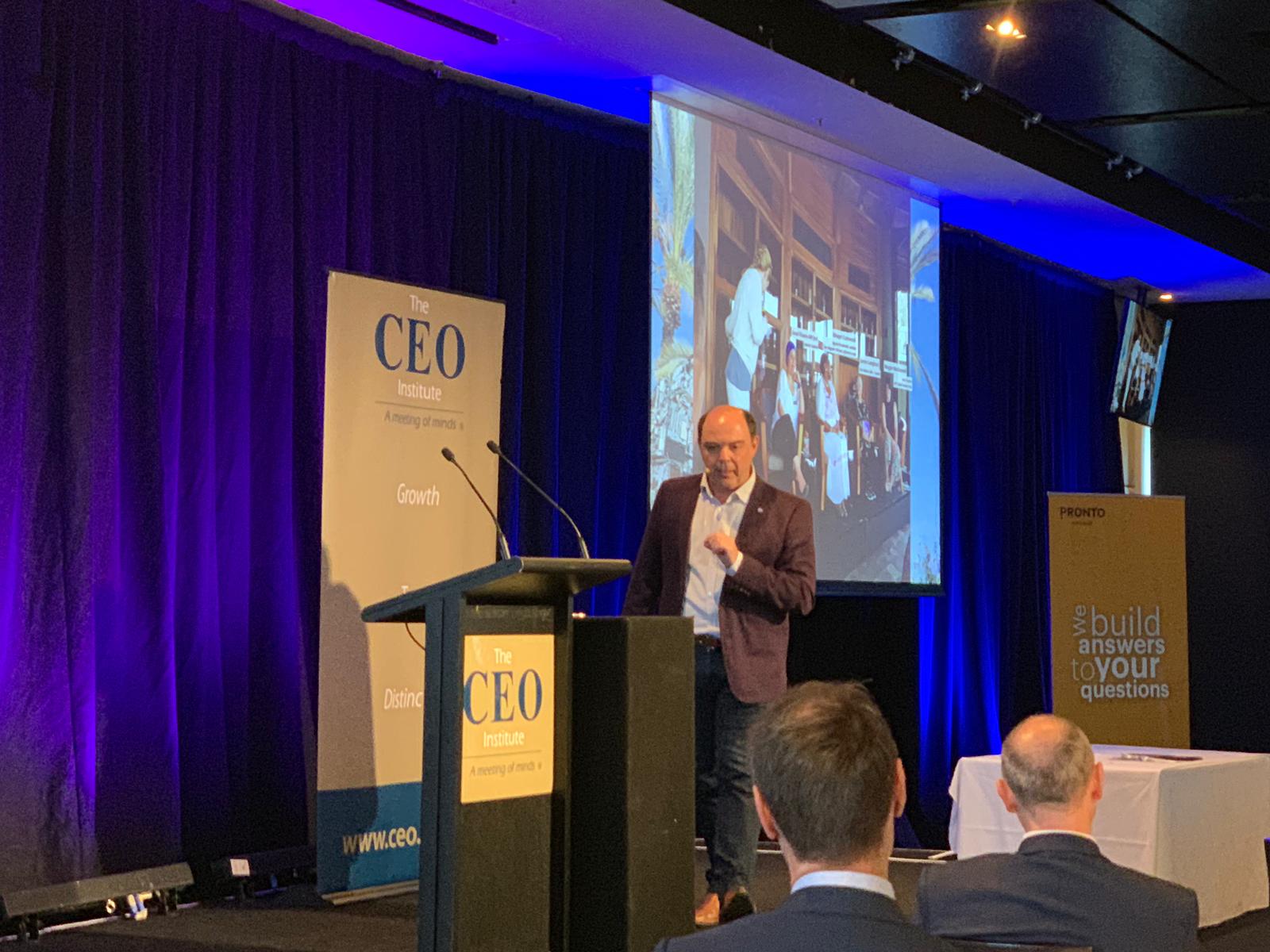
[Image by
Gerd Altmann from Pixabay]
It’s a fallacy to assume that all businesses aren’t recruiting at the moment. The old saying of “when the going gets tough, the tough get going” has merit and the time to focus on what’s important to your business is always now. Whenever I had to downsize a business, my imperative to identify top class people to improve the business and make it more efficient was unchanged and remained a parallel activity.
But, I have a concern that otherwise excellent organisations are drifting down a damaging path. I’m seeing a disturbing and in my opinion self-destructive trend in some corporations of reducing at least the early stages of their recruitment processes to mechanistic and technical evaluations of candidates in the name of “filtering”. Worse, some executive teams are delegating the process down to their well-intentioned junior levels and sometimes to their HR functions alone. Don’t get me wrong, strong HR functions are a critically important component of successful organisations, and in every one of my three corporations, I was very lucky to have great support, advice and guidance. But, HR functions need reciprocal support and guidance to stay aligned in the way that the business needs.
In my experience it’s the corporations that are most careful to measure and select new potential recruits, at every level, to the culture of their organisations that succeed and thrive. If the candidate isn’t at least a close fit then don’t take the risk. Modern methods of psychometric testing are at best an aid, but no substitute for experienced interviewers who understand the requirements of the job and the culture of the organisation.
When I’m advising candidates on job applications and interviews, I emphasise that the technical requirements of the job are only one of several criteria they’re being measured on. With a few exceptions, technical skills can be honed or trained. The best organisations are looking for evidence of the really important qualities such as being able to work as part of a team, communication ability, judgement, leadership, problem solving and motivation.
The best interviewers will look for evidence of these – whether in previous work experience or through their personal lives.
And whether you are a candidate or a recruiter, bad experiences and how they were turned around or worked through are just as important as the positive ones. For example, whenever I was trying to recruit a project manager for a key programme and I had two candidates of very similar qualities and skills, but one had experience of managing and finally delivering a project that had gone badly wrong (significantly over-running on timescale and budget) that’s the one I’d potentially be most interested in. Either, that candidate had the skills and experience of turning around an inherited disaster project, or perhaps it was their own lack of experience had led to the project they’d managed from the start going wrong. In which case, what had they learnt that would stop them falling into the same traps?
If someone has only ever dealt with success, then that might be a great indicator of their future performance, but would they be able to recognise when a programme was going in the wrong direction? And, if they did, would they know what to do? On the other hand, if after some serious interrogation it was clear that the candidate had been through a disaster project and could explain the story, the resolution and the lessons they had learnt that could mean that they were the best choice. This is a terrific example of why businesses must have strong experienced interviewers who know the role they are trying to fill inside out. For my part, given a straight choice between the candidate who had never had to deal with difficulties and one that had, provided I was certain that they weren’t an on-going part of the programme problem, I’d always go for the latter.
If you’re a candidate, be aware of this and don’t be afraid to discuss issues you have faced and what you learnt from them. Prepare yourself to describe the issues, obstacles and difficulties you have had to face and how you overcame them successfully. They are as valuable to your future employer as the positive ones and the best organisations will be asking questions to elicit and explore examples.
My message to corporate executives is that the wrong recruits, at whatever level, are often a drag on your organisation for years. Take note – YEARS. Audit your processes, top to bottom, it’ll only take a week or two at most and do whatever root and branch changes you need to – and do it now. The best candidates should and will think very hard before accepting a job with organisations who don’t demonstrate an interest in establishing whether they have these qualities. And it’s the best candidates you are after.
###
By Dr Ed Wakelam
Keywords: Culture, HR, Future of Work

 The Role of Memory in Modern-day Business
The Role of Memory in Modern-day Business The Architectures of Permanence: A Comparative Analysis of the "Big Three" AI Strategies (2026)
The Architectures of Permanence: A Comparative Analysis of the "Big Three" AI Strategies (2026) Friday’s Change Reflection Quote - Leadership of Change - Change Leaders Enable Generational Advancement
Friday’s Change Reflection Quote - Leadership of Change - Change Leaders Enable Generational Advancement The Corix Partners Friday Reading List - February 27, 2026
The Corix Partners Friday Reading List - February 27, 2026 What Leaders Should Be Losing Sleep Over (But Aren’t)
What Leaders Should Be Losing Sleep Over (But Aren’t)